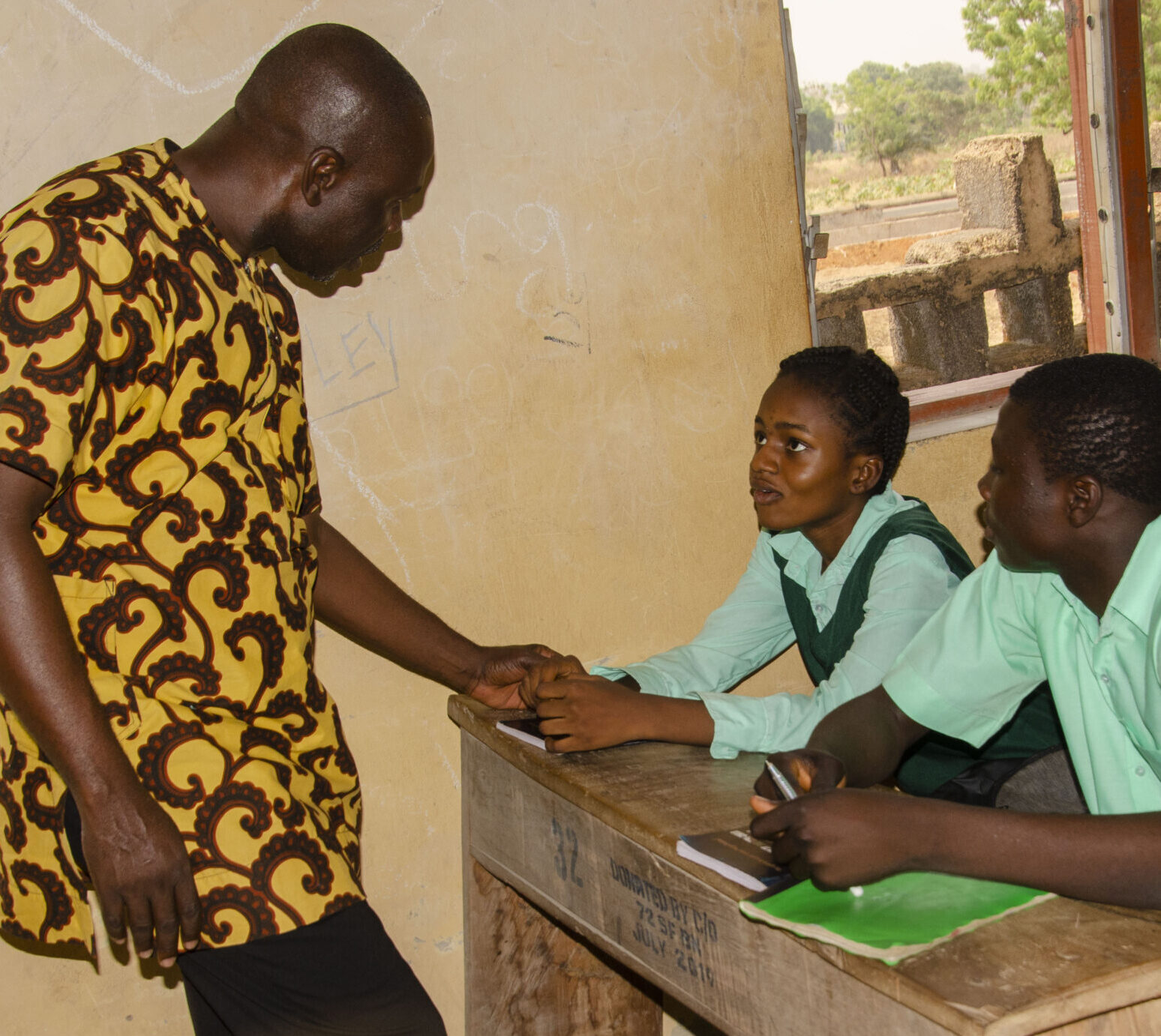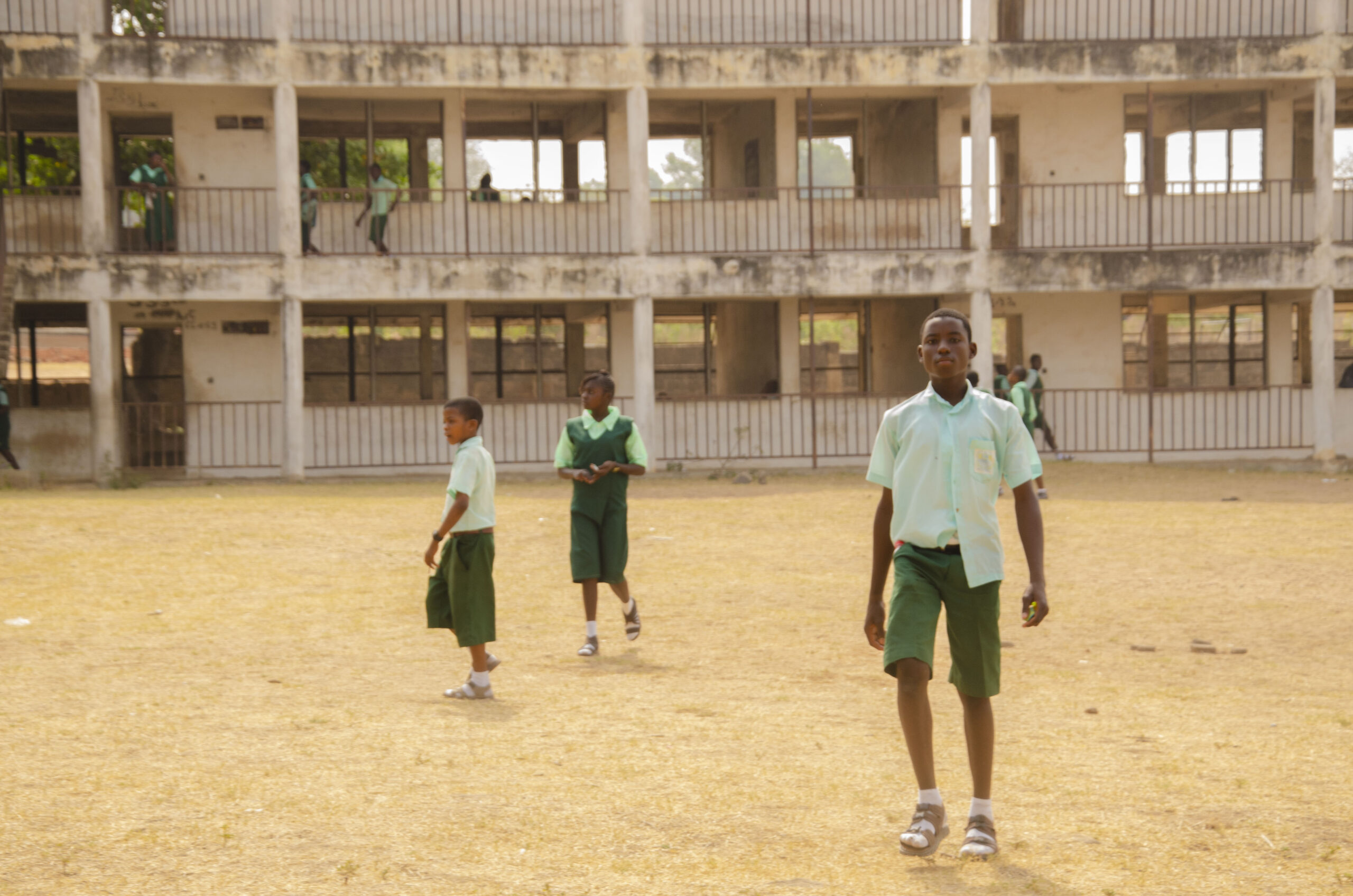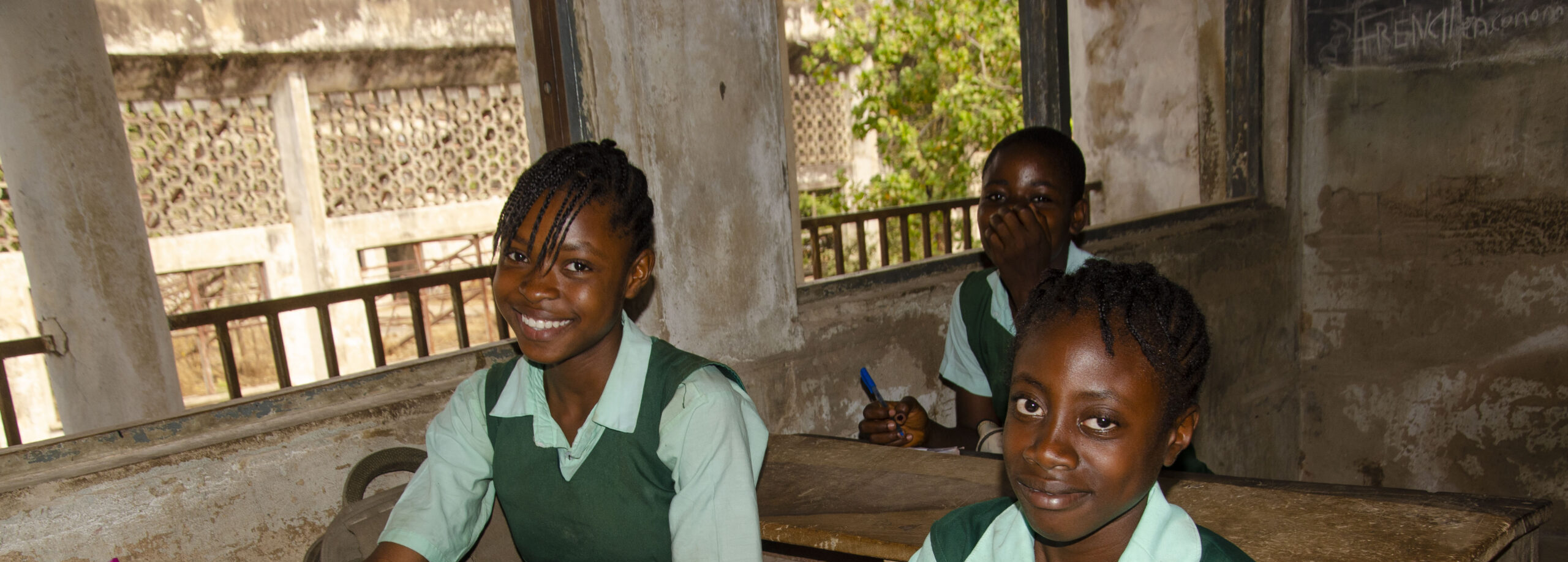what we do
Better futures forchildren in Nigeria
01
INFRASTRUCTURE



02
SCHOOL UNIFORMS & SUPPLIES
Providing school uniforms to impoverished students is a compassionate initiative with far-reaching benefits. Uniforms not only create a sense of belonging and equality among students but also alleviate the financial burden on struggling families. By ensuring that every child has access to a proper uniform, regardless of their economic background, we create a more inclusive and conducive learning environment. Additionally, uniforms can help reduce instances of bullying or discrimination based on clothing, fostering a more supportive and respectful school atmosphere. Overall, providing school uniforms to impoverished students not only promotes academic engagement but also reinforces the values of equality and dignity in education.
The availability of school supplies and stationery to impoverished students is a powerful way to support their education and foster academic success. These supplies, including notebooks, pens, pencils, rulers, and backpacks, are essential tools for learning, yet they can be financially out of reach for many families. By offering these items, organizations and communities enable students to fully engage in their studies, boosting their confidence and motivation. Moreover, access to school supplies promotes equity in education, ensuring that all students, regardless of their economic background, have the necessary resources to thrive academically. This initiative not only aids in immediate educational needs but also paves the way for a brighter future for these students by breaking the cycle of poverty through education.


By prioritizing water and sanitation hygiene in schools, we can create healthier learning environments, reduce absenteeism due to water-related illnesses and promote overall well-being among students and staff. Promotion of good hygiene practices like hand washing with soap, proper toilet use and menstrual hygiene management can be done through education, awareness campaigns and integrating hygiene into the curriculum. Establishing WASH communities involving students, teachers, parents and local authorities can help in monitoring and improving WASH facilities in schools. Encourage behaviour change among students and staff regarding hygiene practices including proper waste disposal, avoiding open defecation and maintaining cleanliness in and around school premises.

